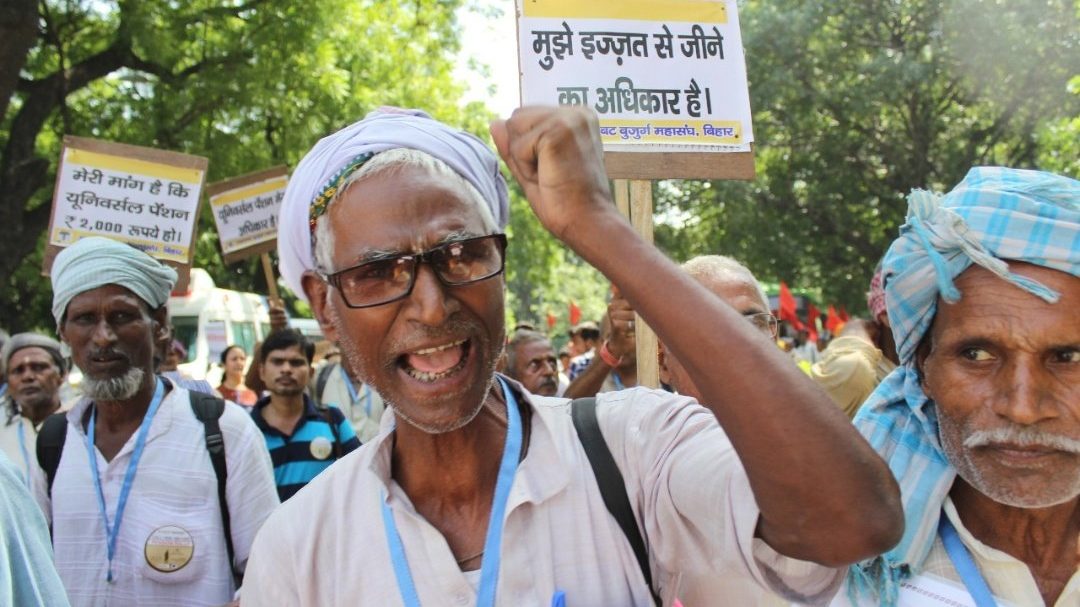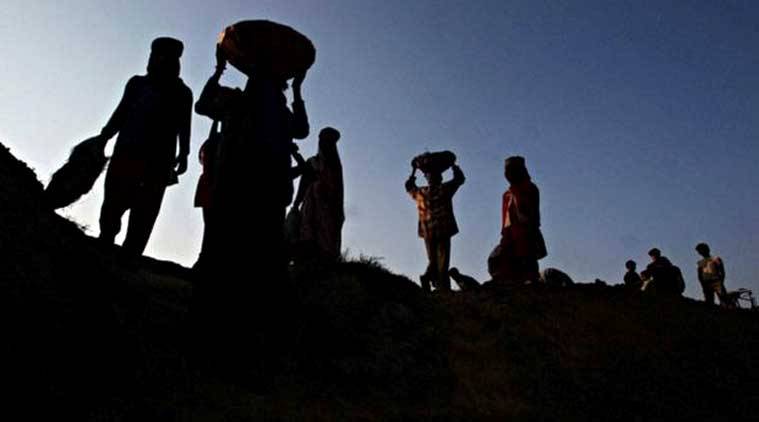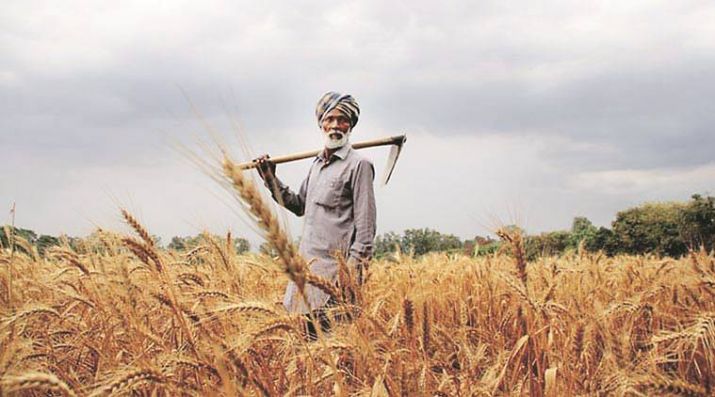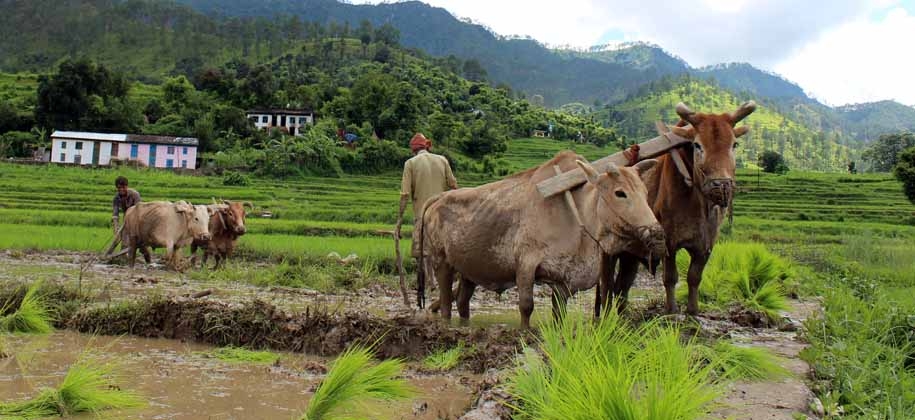More than 200,000 senior citizens in Delhi Are now forced to return back to work after a long and sustained period of being denied access to their pensions. The lack of an adequate and timely government structure that would allow them to get access to their pensions in time, these elderly citizens are left with no choice but that of returning back to the workforce.
What is worth noting is that according to Government of India’s Elderly in India Report(2016) there are around 1.14 million people in Delhi who come under the category of senior citizens who are eligible for attaining the benefits of the government’s pension scheme for the elderly who are from economically weaker backgrounds. This population of the elderly that have become completely helpless in the absence of any such government scheme has grown over the years.
It was in the year 2016 that a petition was filed in the Delhi High Court demanding an enquiry into why a large number of senior citizens in the country where not being paid their timely pensions and especially those from the marginalised background whose survival solely depended on the pension. In 2016 the Delhi High Court also ordered the Delhi government to deal with the crisis caused due to the corporations’ decision. It also noted that only a meagre 8%-11% of the old were being paid by the Delhi governments’ scheme called the Old Age Assistance Scheme.
The political tension in the state within the two contending parties- the BJP that has control over the corporations and the AAP that is in charge of the government of the state. The amount of pension that the Delhi government promises to its citizens is one of the highest provided by any state government in India. It was in the year 2017 that it was made Rs 2000 per month for those between 60-69 years of age and Rs 2500 per month for those whose age fell beyond 7o years. The scheme also promises extra Rs 5oo for people from SC/ST backgrounds. The Delhi Government is also among the few that provides a specialised pension scheme for widows and disabled people.
Nationally the average for pension that is given to senior citizens from the destitute background is Rs 889. The Central Government gives an additional amount of Rs 200 per beneficiary to what the state governments give under the Indira Gandhi National Old Age Pension Scheme. This scheme is meant for senior citizens coming from extremely impoverished backgrounds above the age of 60 years of age. The amount given has not been revised after 2007.
Pensions are a way of paying back to senior citizens for their service to society and are seen as the right of senior citizens. The payment of pensions is a payback to their economic contributions during their working lives. It is paid at a juncture in their lives when their working capacity has declined due to age and poor health. Timely payment of pensions ensures that senior citizens are equipped to lead a life of dignity and reduce economic dependence on children or other family members.
We must acknowledge the fact that India’s elderly population is growing fast and unless we make sure that the government is equipped to provide them with timely pensions and infrastructural facilities that help them live a dignified life- we surely may be gearing up for greater crisis.
Up till 2013, the state of Delhi had three municipal corporations- the NDMC, MCD and the Delhi Cantonment Board. But since the trifurcation of the Delhi municipal corporation took place in 2013, Delhi now has five municipal corporations. Out of the five municipal corporations, there (North, East and South)- have stopped paying pensions to senior citizens registered under them. The three corporations that don’t pay pension are under the ambit of the BJP. The trifurcation of the Municipal Corporation had allegedly led to financial shortfalls which in return impacted the ability of the government to pay senior citizens their pensions. The corporation has alleged that the Delhi government has cut down the grant to the corporation from RS 1,881.3 crore to 1,581.1 crore between 2013-2015. The Delhi government has in return accused the corporations for their mismanagement of funds.
The status of the elderly in the nation deserves crucial attention as a large section of their population is solely dependent on the pension amount for its survival. The political equation between the two conflicting parties may impact the allocation of relevant grants but this surely deserves attention over and above all other governmental priorities.














